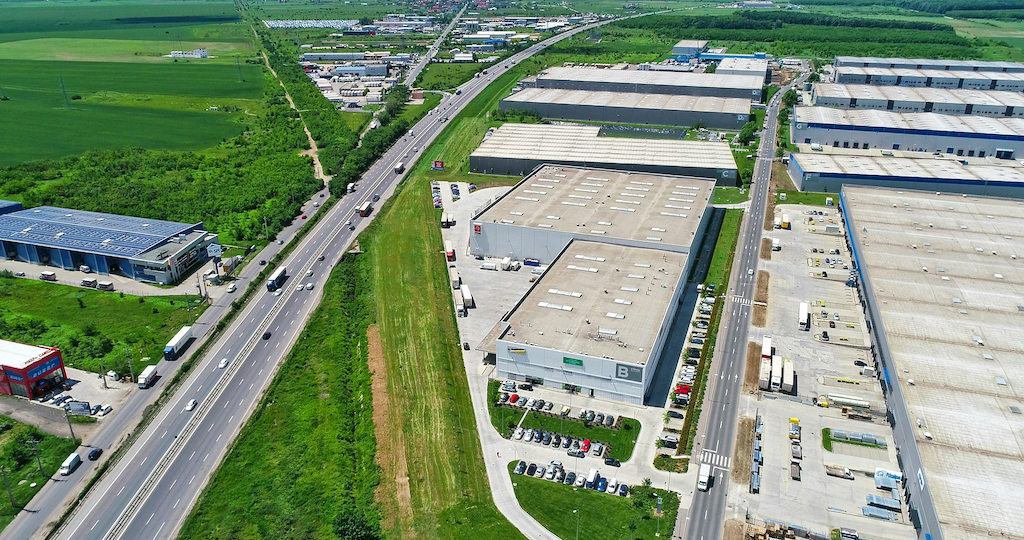Industria en Movimiento: Hoop Carpool’s Bold Move to Transform Commuting in Spain’s Industrial Zones
In the heart of Spain’s industrial economy lies a persistent and under-addressed problem: mobility.
Every day, thousands of workers face limited or no access to public transport in the country’s sprawling industrial and logistics zones. The result? A heavy reliance on private vehicles, rising transport costs, and reduced access to employment for those without a car.
Madrid-based startup Hoop Carpool is taking this challenge head-on with the launch of Industria en Movimiento — Spain’s first national programme to promote carpooling as a sustainable, cost-effective, and inclusive mobility solution for industrial areas.

A Silent Crisis — and a Scalable Opportunity
The mobility gap in industrial zones has long been a structural issue with direct consequences on business efficiency, carbon emissions, and workforce inclusion. Young talent is often reluctant to consider jobs in such areas due to transportation constraints, while workers who do make the commute spend upwards of €200 per month just to get to work.
Hoop Carpool, with over six years of experience in shared commuting solutions, views this not just as a problem, but as a transformative opportunity. The company has already collaborated with prominent names such as Ceva Logistics, Mercedes-Benz, Fersa, and Schneider Electric, achieving monthly carpool participation rates of 20–50% among their workforce.
This initiative represents a genuine opportunity for companies to become more competitive, sustainable, and people-focused. We believe shared mobility is a strategic lever for the future of employment in industrial zones.
says Paloma Martín, CEO of Hoop Carpool.
What Industria en Movimiento Offers
Launched with the backing of the new Sustainable Mobility Law in Spain — which mandates companies to adopt emissions-reducing solutions or face penalties — Industria en Movimiento provides a clear path to compliance and cost savings.
The programme offers companies based in underserved industrial estates access to a subsidised carpooling platform valued at €15,000, available from May to October 2025. Participating firms are supported with onboarding tools, internal communications assets, and real-time impact tracking.
Employees who opt to share their commute will be financially rewarded per journey, thanks to Spain’s Certificados de Ahorro Energético (monetisable Energy Savings Certificates). This official mechanism returns cash to workers’ pockets. This can amount to over €500 per year in savings per person, while also reducing stress and improving work-life balance.
Pilot Zones and National Recognition
The first phase of Industria en Movimiento will roll out across four major industrial estates:
- Zaragoza Logistics Platform (PLAZA) – Aragón
- Riba-roja Industrial Estate – Valencia Region
- Alcalá de Henares Industrial Estate – Madrid Region
- Zona Franca – Barcelona, Catalonia
Applications from other zones will also be considered on a rolling basis.
To encourage participation, the programme includes a national competition: the most active companies in each area will be recognised at a flagship event in Madrid this November, featuring leaders from the industrial sector and government institutions. Winners will gain visibility, participate in high-level discussions on the future of mobility, and earn the DEMS Seal — a new distinction for excellence in sustainable mobility.
Hoop Carpool: Leading the Way in Shared Mobility
Founded in 2019, Hoop Carpool has emerged as a leading mobility platform for daily commuting across Spain, Portugal, Mexico, Colombia, Peru, Panama and Guatemala. Its technology matches drivers and passengers by route and timing, helping optimise commutes while reducing CO₂ emissions and transport costs.
Through Industria en Movimiento, the company is taking a decisive step toward reshaping mobility in the most neglected yet vital sectors of the economy.
Mobility should never be a privilege. With this programme, we’re building a more just, economical, and sustainable model for the industrial heart of Spain.
says Martín.

0 comments